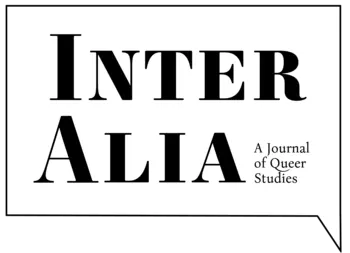https://doi.org/10.51897/interalia/AXQV9525
Interview with Heather Love
Extract
In some places people are trying to write their dissertations on queer topics and are encountering opposition because what they are doing seems unprecedented, a break with academic norms. Their advisors just say, “No, no one has ever done that before and you can’t either.” But elsewhere, it seems like queer topics are already passé. I heard of someone who was told, “You can’t write a queer dissertation – that’s so ‘90s.”
Some people assume the good old days of queer theory have passed because they think of extremely brilliant, prominent, individual thinkers, such as Judith Butler, Eve Kosofsky Sedgwick, D. A. Miller, and so on. Where is the Judith Butler of today? This is part of the reason why I have been drawn to work on queer method. For me, method is about teaching and about the idea that rather than queer theory being the writings of a few individual geniuses, it should be something that can be and should be taught, and that anyone can do. I think it is okay to make clear what we think the field of queer studies is, and teach it widely. Even if it is not always the most brilliant, exceptional work, that is okay with me. People say, “Oh the work now, it’s boring, it just copies other people.” But copying other people – we also call that learning. If the field is to grow it has to include all kinds of scholarship, original, unoriginal, brilliant, dutiful, etc. I want many, many people to know how to think about sexuality, say in literature, without having to make it up themselves, or have to be a genius. We want some of those mind-blowing books that completely change everything, of course, but we also want regular books.
Keywords: Heather Love, interview
